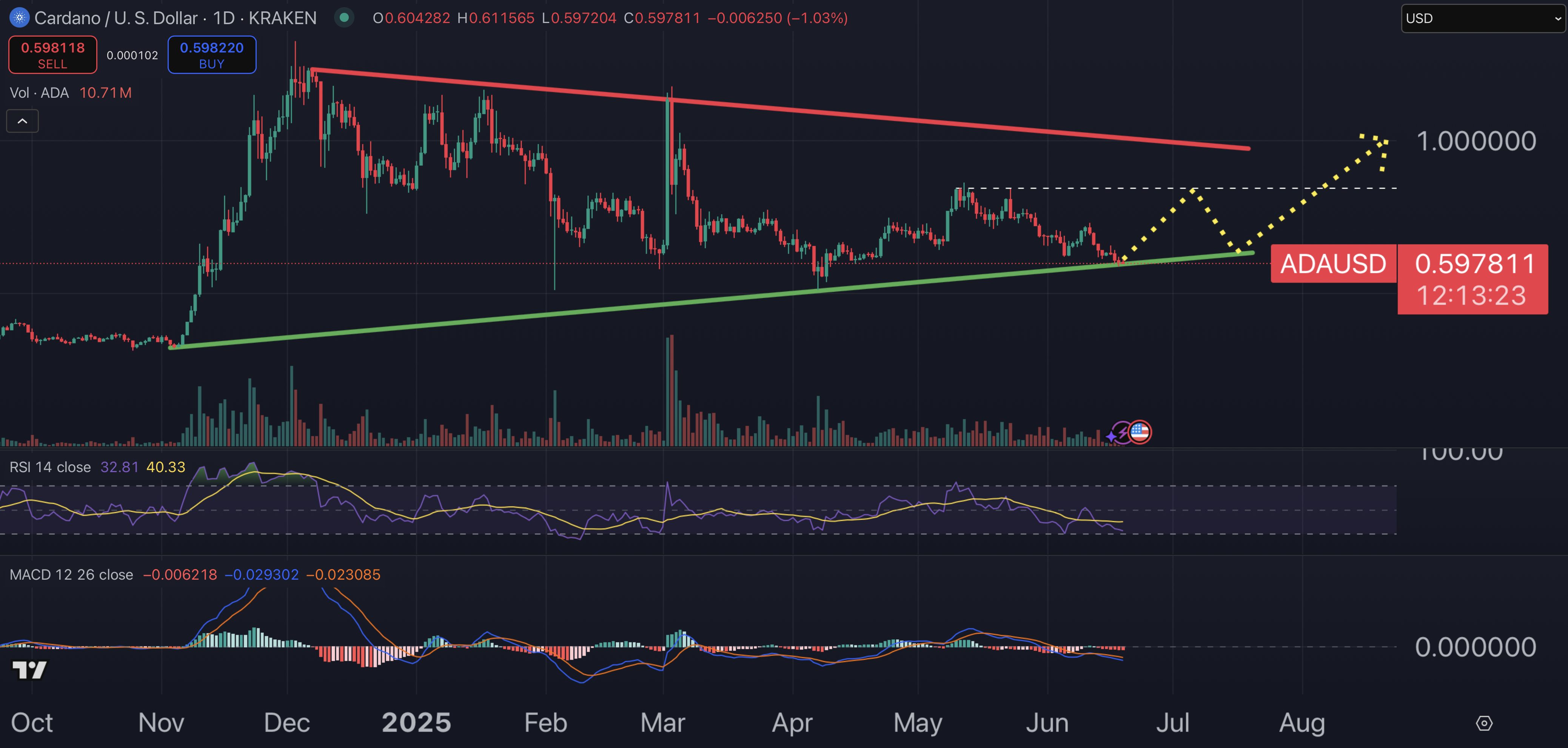Unlock the Editor’s Digest for free
Roula Khalaf, Editor of the FT, selects her favourite stories in this weekly newsletter.
International investors are dipping a toe into Turkey’s long-abandoned debt market as sweeping economic reforms and a surge in yields gradually increase the appeal of the country’s bonds.
Foreign fund managers have bought about $860mn in lira-denominated Turkish government bonds in the second half of this year, the biggest inflows for any half-year period since the start of 2021, according to central bank data.
The trickle of new investments is the latest sign of how the broad economic policy overhaul that began after President Recep Tayyip Erdoğan’s re-election in May has piqued investor interest in Turkish assets, including lira-denominated debt that they have shunned for years.
“Things are changing quite quickly,” said Paul Greer emerging market debt fund manager at Fidelity International, adding that Turkey’s lira and local currency bonds are “flavour of the month”.
The more upbeat sentiment comes after Turkey’s new economic management team, which was appointed in June, has abandoned years of unorthodox policies that ignited runaway inflation and other severe imbalances such as a yawning current account deficit.
The central bank, led by former Goldman Sachs banker Hafize Gaye Erkan, has boosted interest rates six times since the start of June from 8.5 per cent to 40 per cent as it attempts to cool price growth that is still running above 60 per cent. Fiscal policy has also been tightened significantly through tax rises and other measures to cool domestic demand, while the government has allowed the lira to trade more freely.
Carlos Carranza, portfolio manager at Allianz Global Investors, said the new monetary and fiscal policies were sending “positive signals”. He added: “Turkey is fighting inflation, allowing the central bank to be independent and hike rates and working on tackling the fiscal deterioration.”
The abrupt shift from the low-rate policies, which were touted for years by Erdoğan, who has called high interest rates the “mother and father of all evil”, has sent shockwaves through Turkey’s domestic bond market.
A widely followed JPMorgan index of Turkey’s local-currency bonds has tumbled about 53 per cent this year, by far the worst performance of any major emerging market. The rout has sent the yield on the JPMorgan Turkey government bond index to 25 per cent, the highest level in almost two decades, from under 9 per cent in May.

Analysts say that while yields still remain well below the current level of inflation, they are now finally closer to levels of expected price growth, potentially creating opportunities for investors.
The benchmark two-year yield, at 35 per cent, for example, is now significantly above the central bank’s forecast for 14 per cent inflation at the end of 2025, according to Refinitiv data.
Investors say the 35 per cent fall in the lira against the dollar this year has also helped to make Turkish assets look more appealing.
“International investors who have been practically absent from this market are beginning to cover their underweight positions” said Sergei Strigo, co-head of emerging markets fixed income at Amundi.
To be sure, foreign holdings of Turkish government debt remain small. International investors hold less than 1 per cent of the country’s local-currency government bonds, compared with 22 per cent as recently as 2015, finance ministry data show.
Many investors say they remain wary that Erdoğan could swing back towards unconventional economic policies ahead of key local elections in March next year. At the same time, analysts say the lira may fall further in the coming months, with a recent central bank poll of local investors and businesses predicting a depreciation to TL40 from TL29 currently.
“People are sniffing around and we’ve seen some inflows but you’ve got to be really bullish on Turkey to buy now,” said Timothy Ash, senior emerging market sovereign strategist at BlueBay Asset Management.
Some investors say rising tensions between Turkey and its western allies are also holding back larger inflows of new investments.
The US has strongly backed Israel since the October 7 attack by Hamas. But in contrast, Erdoğan has accused Israel of committing “war crimes” and said Hamas, which the US deems a terrorist organisation, was a “liberation” movement.
The US warned last week that it had “profound concerns” that Hamas was accessing international funding through Turkey, while Washington has also expressed frustration over the rise in Turkish exports of goods it says are vital to Russia’s war machine.
“It’s quite unnerving for investors to have these comments from the US around allowing financing for Hamas to flow through the country and turning a blind eye to what’s passing through to Russia,” said Grant Webster, co-head of emerging markets at fund manager Ninety One.
“I’m sure assets would be higher if it wasn’t for that.”
Credit: Source link











